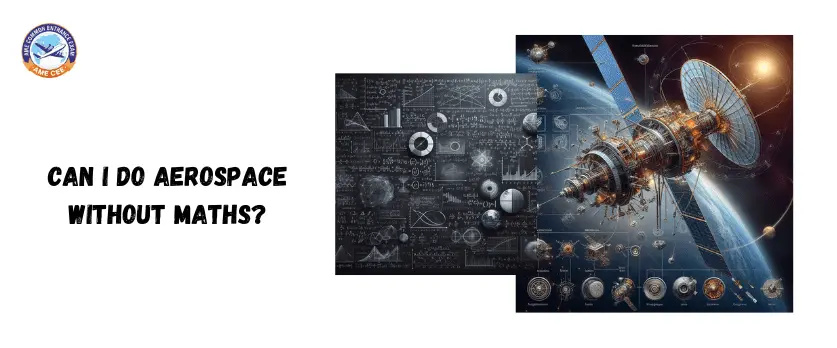Aerospace engineering is a highly mathematical and technical field, and proficiency in mathematics is typically a fundamental requirement. However, the extent to which mathematics is required can vary depending on the specific area within aerospace and the level of education you intend to pursue. Let’s explore this in more detail:
Foundation Level: High School and Entry-Level Programs
High School Mathematics
Most aerospace engineering programs, even at the high school level, require a solid foundation in mathematics. Courses like algebra and geometry are essential prerequisites.
Pre-College Programs
Some pre-college or preparatory programs may provide introductory courses in mathematics to help students build the necessary skills before entering an aerospace engineering program.
Undergraduate Level: B.Tech in Aerospace Engineering
Mathematics in B.Tech
A B.Tech in Aerospace Engineering typically requires a strong background in mathematics. Courses like calculus, differential equations, and linear algebra are integral to understanding aerodynamics, flight dynamics, and other core aerospace concepts.
Foundation for Advanced Courses
Mathematics serves as the foundation for more advanced courses in aerospace engineering. Without a solid grasp of mathematical principles, it may be challenging to comprehend and apply advanced concepts.
Specialized Areas and Non-Mathematical Roles
Non-Technical Roles
While aerospace engineering is predominantly technical, there are non-technical roles within the aerospace industry that may not require an extensive mathematical background. These roles can include project management, technical writing, marketing, and regulatory affairs.
Technical Writing and Communication
Some areas within aerospace, such as technical writing, emphasize effective communication rather than advanced mathematical skills. Professionals in these roles focus on conveying complex technical information in a clear and understandable manner.
Alternative Career Paths
Aerospace Management and Business
Individuals interested in the aerospace industry can explore management and business roles within aerospace companies. These roles may require a broader understanding of the industry and business principles rather than advanced mathematical skills.
Aerospace Maintenance and Operations
Maintenance and operations roles within the aerospace sector may involve practical skills and knowledge rather than extensive mathematical calculations.
Conclusion
While a strong foundation in mathematics is highly beneficial for success in aerospace engineering, there may be alternative paths within the aerospace industry that do not require advanced mathematical proficiency. However, it’s crucial to note that a lack of mathematical skills may limit the range of roles and opportunities available within the field. Individuals considering a career in aerospace should carefully assess their interests, strengths, and career goals to determine the most suitable path for them. Additionally, seeking guidance from academic advisors or professionals in the field can provide valuable insights into potential career trajectories within aerospace.
To become an aerospace engineer you may could join aerospace engineering through AME COMMON ENTRANCE EXAM (AME CEE) this examination you may join Aerospace Engineering approved by AICTE.


